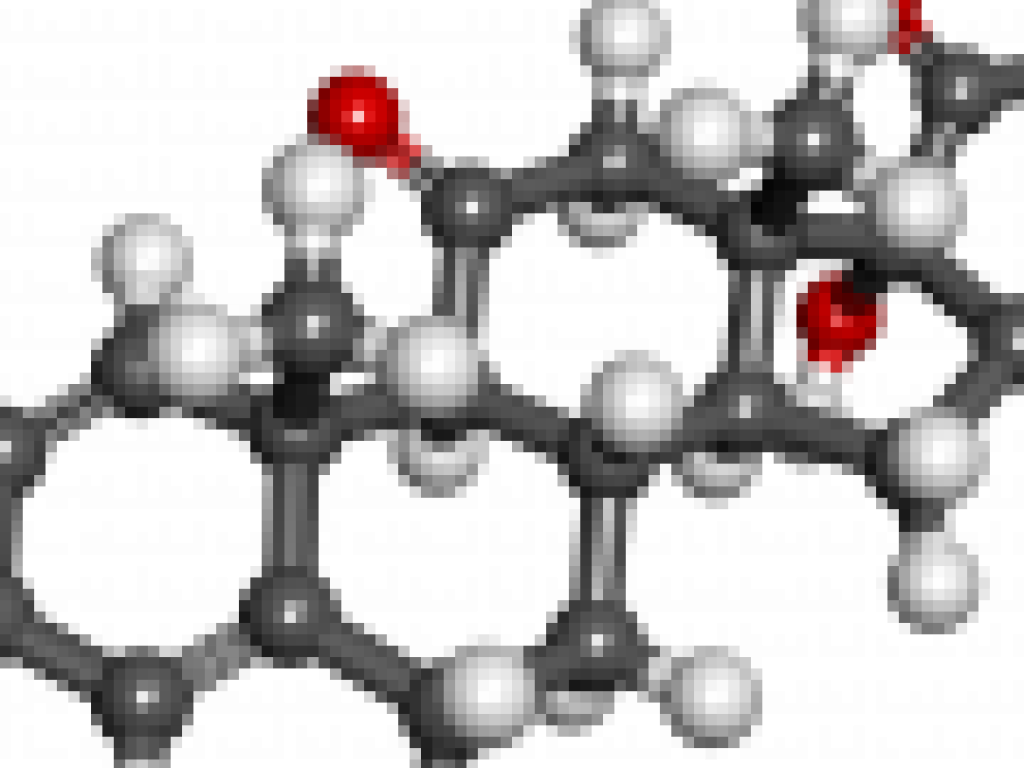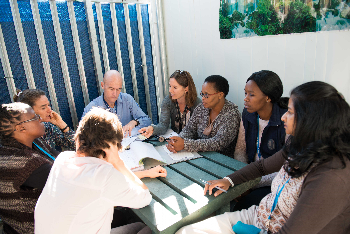Prednisone reduces risk of TB-IRIS during antiretroviral treatment, shows CIDRI-Africa team


"In patients with HIV, tuberculosis and very low CD4 counts, it is critical to start antiretrovirals within the first two weeks of treatment for tuberculosis, because this saves lives. But this also comes at the cost of a two-fold higher risk of developing a common inflammatory complication—TB-IRIS. Until now no management strategy existed for preventing this complication. The findings of our study provide clinicians with a strategy for reducing the risk for this complication occurring."—Prof. Graeme Meintjes, PredART Principal Investigator
TB-IRIS is an immunopathological reaction characterized by severe inflammation occurring shortly after initiation of antiretroviral therapy (ART) for HIV in patients who are also receiving tuberculosis treatment. TB-IRIS is a serious risk in people living with HIV-associated TB, resulting in hospitalisation of a quarter of people who develop it.
In the PredART trial, researchers from CIDRI-Africa and the Institute of Tropical Medicine (Antwerp, Belgium) investigated whether providing people at high risk of TB-IRIS with moderate-dose prednisone could prevent development of the condition. The researchers enrolled HIV-positive patients who were initiating ART, who had started tuberculosis treatment within 30 days before enrolment, and who had a very low CD4 count (100 cells or fewer per microliter of blood).
A total of 240 patients were enrolled, 120 in each arm of the trial (prednisone or placebo). The researchers found that the patients who received prednisone during the first four weeks of ART were less likely to develop TB-IRIS than those who received the placebo.
Tuberculosis-associated IRIS was diagnosed in 56 patients in the placebo group and in 39 patients in the prednisone group, a reduction of 30%. Moderate dose prednisone was also found to be well tolerated by patients and there was no evidence of an increased risk of severe infections or cancers with this treatment.
The PredART trial was a randomized, double-blind, placebo-controlled trial to assess whether prophylactic prednisone could safely reduce the incidence of TB-IRIS in patients at high risk. Patients received either prednisone or placebo.
The trial was sponsored by UCT. The project is part of the EDCTP1 programme supported by the European Union (grant number SP.2011.41304.074), and was also funded by the South African Department of Science and Technology (DST), the Wellcome Trust (grant numbers 098316, 084323,104803, 203135), and the ITM.
Reference
Meintjes G, Stek C, Blumenthal L, Thienemann F, Schutz C, Buyze J, et al. Prednisone for the prevention of paradoxical tuberculosis-associated IRIS. N Engl J Med. Massachusetts Medical Society; 2018 Nov 15;379(20):1915–25.
Photograph supplied by EDCTP
